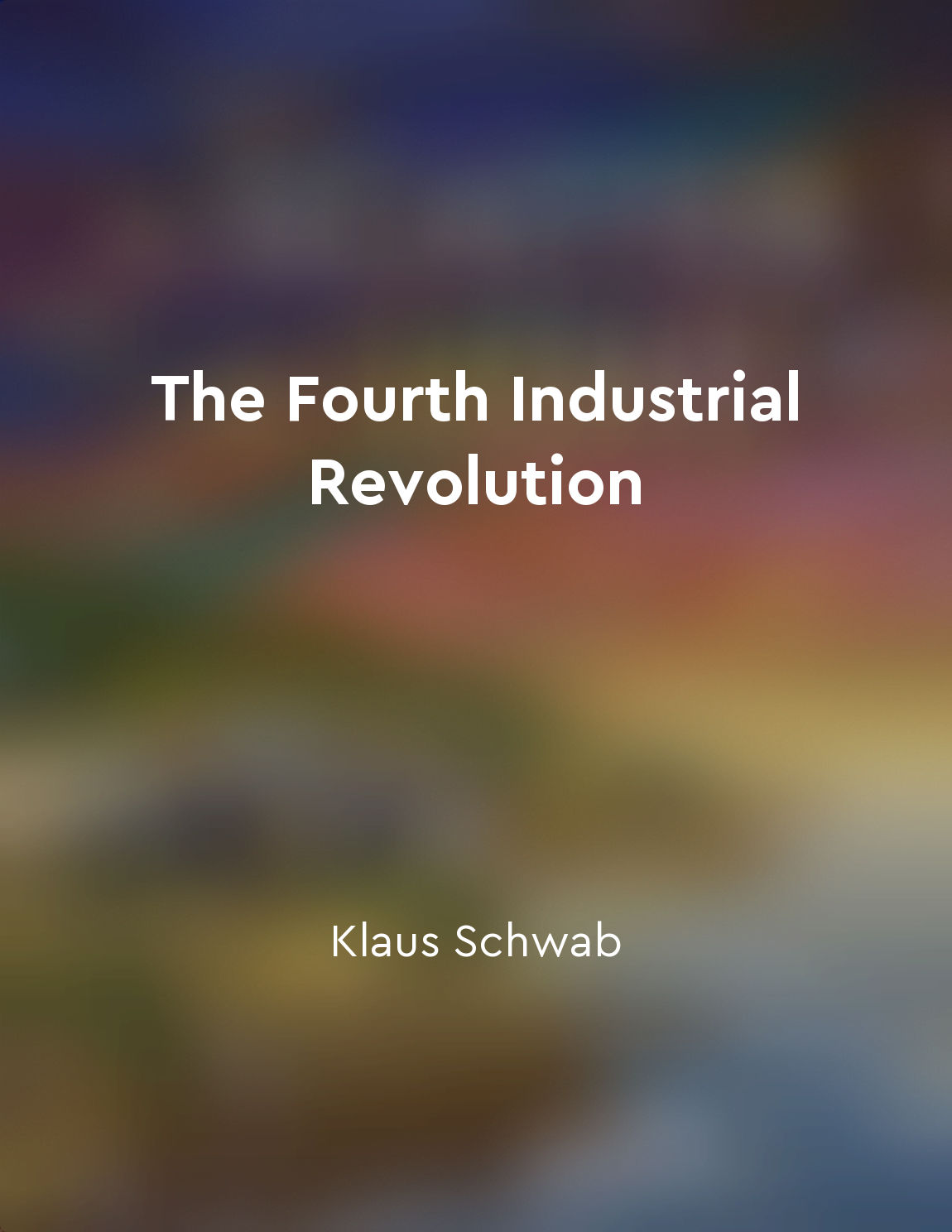Regulation can stifle innovation from "summary" of The Antitrust Paradox by Robert Bork
Bork argues that when the government intervenes in the market through regulation, it can have unintended consequences that hinder innovation. This is because regulations often impose rigid requirements that can limit the ability of businesses to experiment and try new approaches. In a dynamic and competitive market, companies need the freedom to adapt and innovate in order to stay ahead. However, when regulations impose strict rules and standards, they can create barriers that prevent new ideas from flourishing. Furthermore, Bork explains that regulation can also discourage investment in research and development. When companies are burdened with compliance costs and bureaucratic red tape, they may be less inclined to invest in new technologies and processes. This can have a chilling effect on innovation, as companies may focus more on meeting regulatory requirements rather than exploring new ideas and pushing boundaries. Moreover, Bork points out that regulation can create a sense of complacency among businesses. When companies know that they must adhere to certain regulations, they may become less motivated to seek out new opportunities and take risks. This can lead to a stagnation of innovation, as businesses become content with the status quo rather than striving for progress and growth.- Bork highlights the dangers of excessive regulation in stifling innovation. By imposing rigid requirements, discouraging investment in research and development, and fostering complacency, regulation can have a detrimental impact on the ability of businesses to innovate and adapt in a competitive market. It is crucial for policymakers to strike a balance between regulation and innovation in order to foster a dynamic and thriving economy.
Similar Posts
Regulatory due process safeguards against arbitrary decisions
Regulatory due process ensures that decisions made by regulatory agencies are not arbitrary or capricious. It is a fundamental ...

Market prices convey valuable information
Market prices play a crucial role in any economy. They serve as messengers that carry valuable information about the supply and...

Legal sanctions deter misconduct
The idea that legal sanctions can deter misconduct is a fundamental concept in the field of law and economics. When individuals...

Transparency and accountability are essential in the development and deployment of AI technologies
Transparency and accountability are critical aspects of the development and deployment of AI technologies. As we navigate the F...

Monetary policy affects the money supply
Monetary policy plays a crucial role in regulating the money supply within an economy. By adjusting interest rates and influenc...
Entrepreneurs must balance risk and reward when making financial decisions
Entrepreneurs face a constant challenge in navigating the complex landscape of financial decision-making. On one hand, taking r...

The middle class was essential for a stable and prosperous society
The stability and prosperity of a society depend heavily on the presence and strength of the middle class. This group plays a v...
Technological disruptions reshaped industries
The history of business in India has been marked by the transformative impact of technological disruptions on various industrie...
Investing in education is crucial for future success
In the fast-evolving landscape of the industries of the future, one thing remains clear: education is the bedrock upon which su...
The Reformation helped establish inclusive institutions in Europe
The Reformation played a crucial role in fostering inclusive institutions in Europe. Before the Reformation, political power wa...


